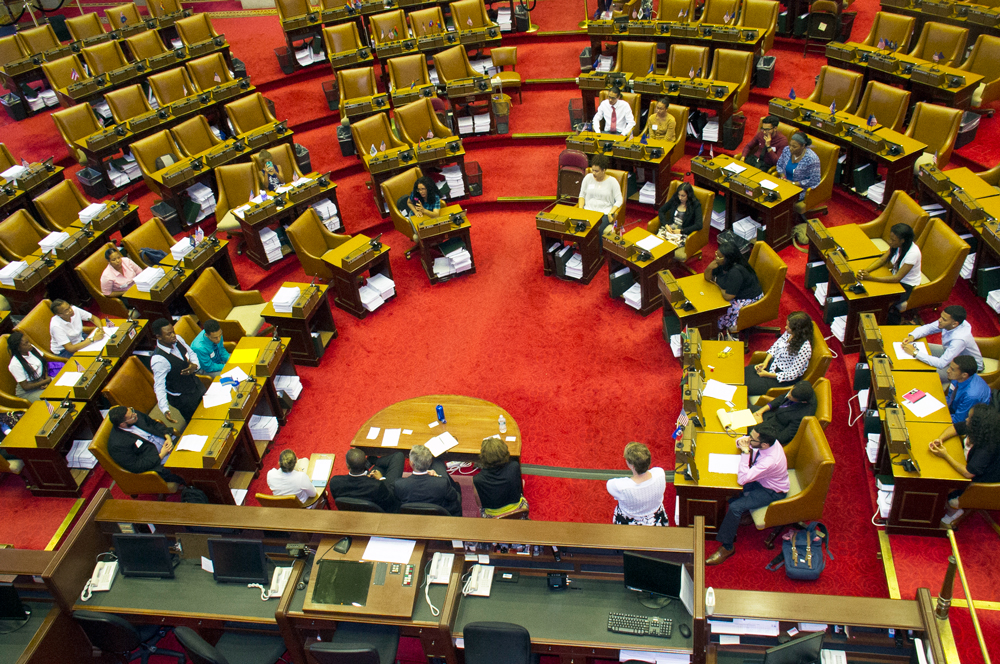Deadlines
- Fall: August 1
- Spring: January 1
- Summer: Not Available
There is no departmental assistantship consideration for this program.
Required Application Materials
- Transcripts from all schools attended
- Three letters of recommendation
- Statement of Goals
- Resume
The statement is generally one to two pages discussing what you have to offer the program and what you wish to get out of the program. It should include a brief description of the applicant's field of interest, related background, desired area of study and research emphasis or career goals.
Available information for International Applicants.
Special Notes
This program offers an internship, field experience, study abroad component, or clinical experience in the course listing as an option to fulfill course requirements. Students who have previously been convicted of a felony are advised that their prior criminal history may impede their ability to complete the requirements of certain academic programs and/or to meet licensure requirements for certain professions. If applicants have concerns about this matter please contact the Dean’s Office of the intended academic program.






